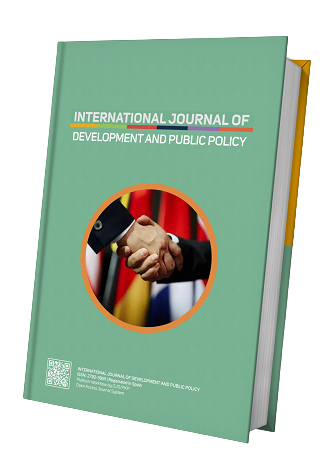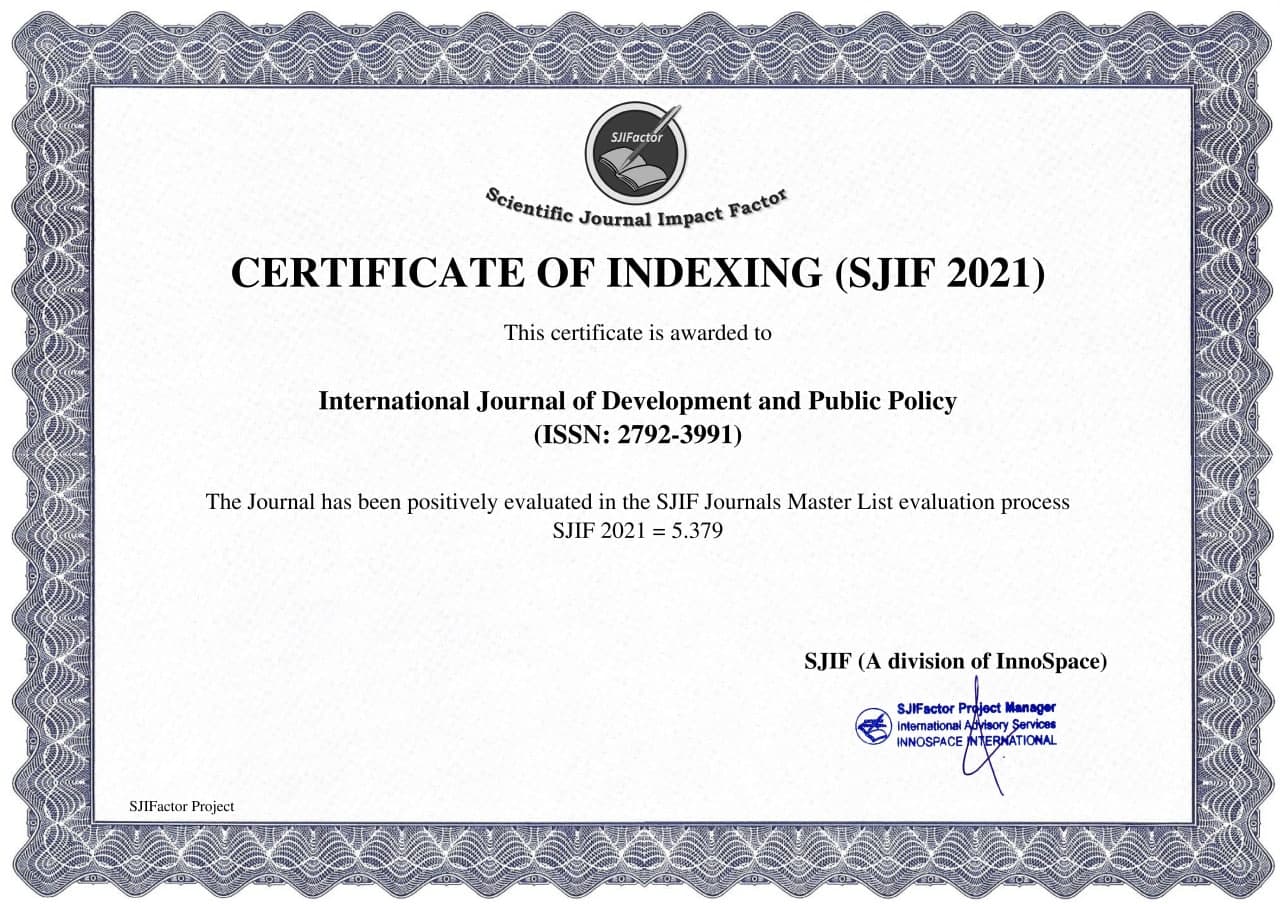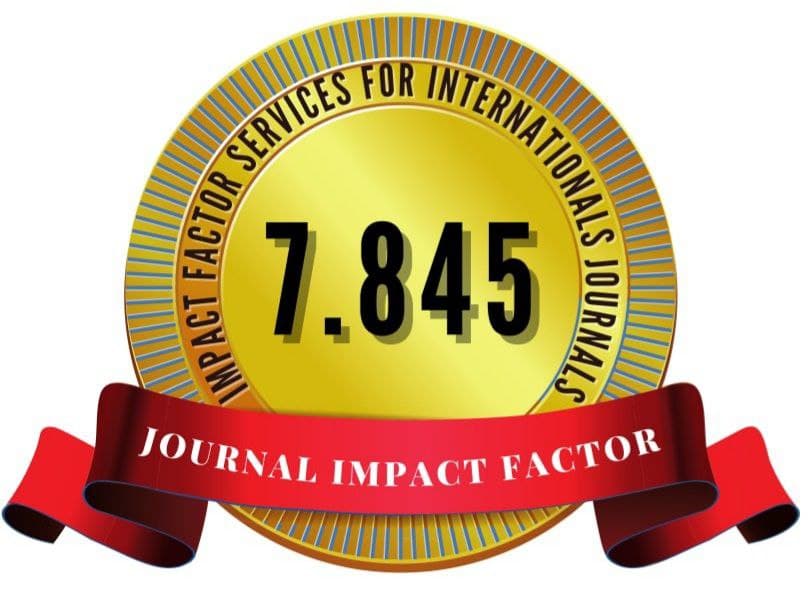The Influence of Affective Commitment and Service Quality on Patient Satisfaction That Impact on Patient Loyalty in the Mawar Sharon Executive Police Policy at Prof Dr. RD Kandou Manado
Keywords:
affective commitment, service quality, satisfaction, loyaltyAbstract
Hospitals are an important part of the health system. The hospital provides complex curative services, emergency services, knowledge and technology transfer centers and functions as a referral center. Hospitals must always improve service quality in accordance with customer expectations to increase service user satisfaction. The phenomenon that was found in this study is where the quality of service and the expectations of patients who receive health services become a problem in the service of the third class public hospital inpatient center at RSUP Prof. Dr. RD Kandou Manado. This study aims to determine the effect of affective commitment and service quality on patient satisfaction which has an impact on patient loyalty Outpatients at the Mawar Sharon Executive Polyclinic at RSUP Prof. Dr. RD Kandou Manado. The analytical method used is path analysis. The results of the hypothesis test found that (1) affective commitment has a direct and significant effect on patient satisfaction, (2) service quality has no direct significant effect on patient satisfaction, (3) affective commitment has a direct significant effect on patient loyalty , (4) service quality does not have a direct significant effect on patient loyalty, (5) patient satisfaction has a direct significant effect on patient loyalty. For RSUP Prof Dr. RD Kandou Manado should pay more attention to the quality of service that is applied so that these factors can have a better influence in increasing patient satisfaction and increasing patient loyalty. (2) service quality has no direct significant effect on patient satisfaction, (3) affective commitment has a direct significant effect on patient loyalty, (4) service quality does not have a direct significant effect on patient loyalty, (5) patient satisfaction has a direct significant effect on patient loyalty. For RSUP Prof Dr. RD Kandou Manado should pay more attention to the quality of service that is applied so that these factors can have a better influence in increasing patient satisfaction and increasing patient loyalty. (2) service quality has no direct significant effect on patient satisfaction, (3) affective commitment has a direct significant effect on patient loyalty, (4) service quality does not have a direct significant effect on patient loyalty, (5) patient satisfaction has a direct significant effect on patient loyalty. For RSUP Prof Dr. RD Kandou Manado should pay more attention to the quality of service that is applied so that these factors can have a better influence in increasing patient satisfaction and increasing patient loyalty. For RSUP Prof Dr. RD Kandou Manado should pay more attention to the quality of service that is applied so that these factors can have a better influence in increasing patient satisfaction and increasing patient loyalty. For RSUP Prof Dr. RD Kandou Manado should pay more attention to the quality of service that is applied so that these factors can have a better influence in increasing patient satisfaction and increasing patient loyalty.






